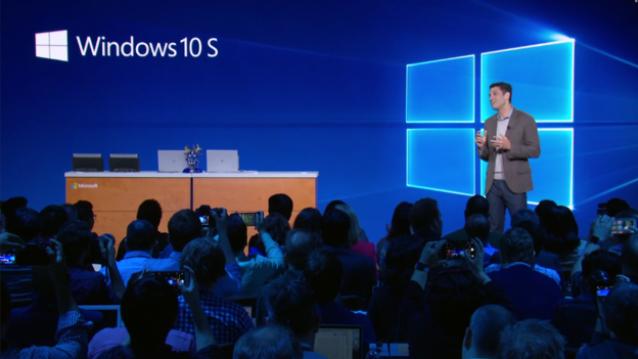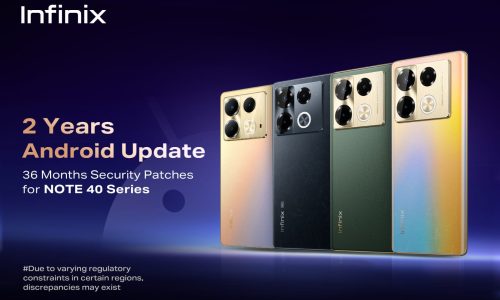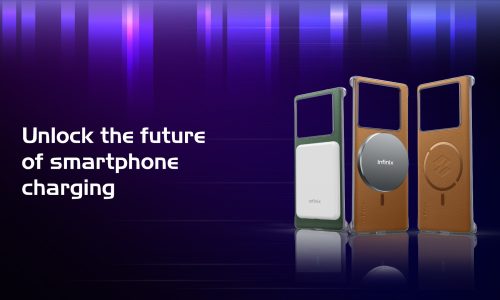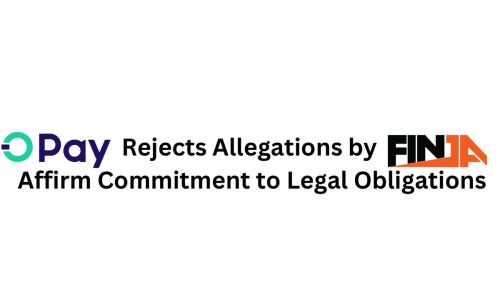Facebook Inc, Alphabet Inc’s Yahoo, Apple Inc and other major technology organizations are typically absent from a controversy on the renewal of a wide US internet monitoring law, weakening potential customers for privateness reforms that could further protect customer data, corresponding to sources acquainted with the matter. While technology companies often lobby Washington on personal […]
The success of Google in Schools wakes sleeping giants like Microsoft and Apple
Microsoft Corp’s announcement of an collection of new education products on Wednesday shows the business’s determination to invert a major switch that has occurred in U.S. classrooms lately: for some educators and university districts, Google’s Chromebook is currently the computer of preference. The Chromebook has truly gone from a located begin in 2011 to outrageous […]






